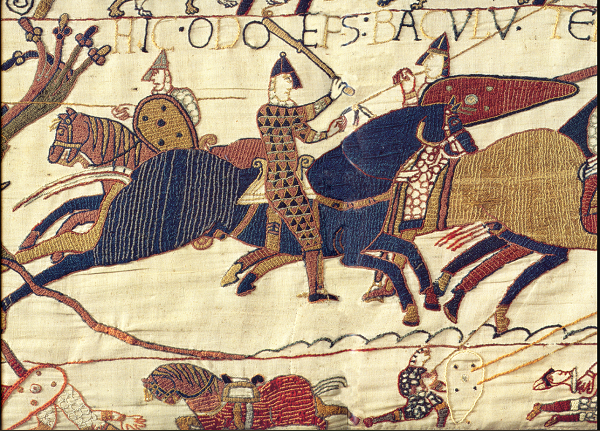Henry's New Men
Ascending to the English throne in 1100, Henry I's reign was not chronologially much later than the conquest of 1066.
Henry was the fourth son of William and, to put it mildly had "issues" with his older brothers and others from Normandy who were the "old guard" of his father. Bishop Odo, his uncle, and William FitzOsbern were pretty much the key magnets in England.
As Charlotte Newman says in her book "The Anglo-Norman nobility in the reign of Henry I" - the Normans were at a stage where they were a "second generation". Henry I experimented with "Royal Administration" and created a group of nobles that are known as his "New Men".
These "New Men" were selected from a lower strata of the ruling elite choosing those that he thought would serve the monarchy better than those that were assigned land for military service or by inheritance. This elite consisted of many Norman Aristocrats that had allegiances on both sides of the channel.
In many ways this "reorganisation" could have created tensions between the ruling classes such that it set the stage for the Anarchy (1138 to 1153). The White Ship disaster of 1120, where Henry's heir - William Adelin, created a situation that led to the dispute for power between the Empress Matilda, Henry's daughter and Stephen of Blois. Henry I was Stephen's Uncle and Stephen was the son of his sister Adela who raised him in the court of Henry I.
While Stephen was not the natural heir of Henry I, Matilda thought she had rights to the throne and there were many who took sides with either Matilda or Stephen. This resulted in the civil war and Stephen became the king of England in 1135. Of those that took sides from our region were the de Veres and the de Mandevilles
Following the end of the Anarchy Matilda's son Henry became king of England, Henry II in 1154.
Stephen
Richard the 2nd Son of William
Robert Curthose
The de Beauchamp family
Hugh or William de Beauchamp were possibly some of Henry's New Men.
The statement made in the Publications of Beford The Beauchamps, Barons, of Bedford. by C. Gore Chambers and G. Herbert Fowler:
